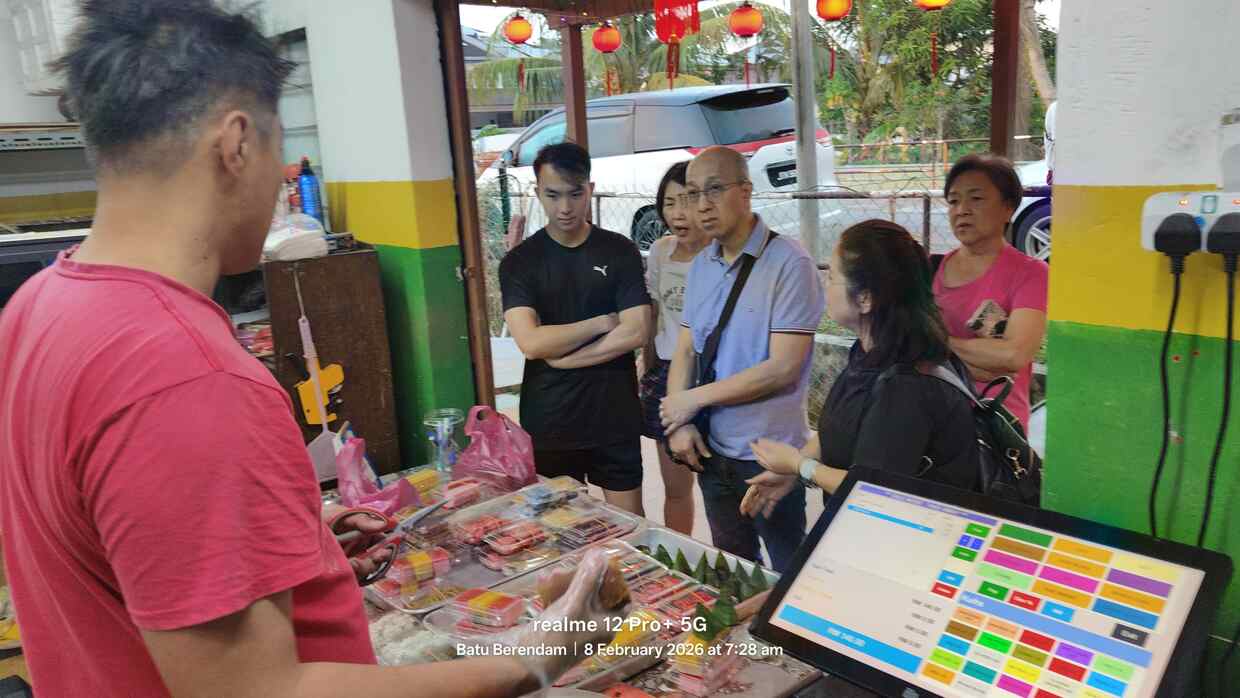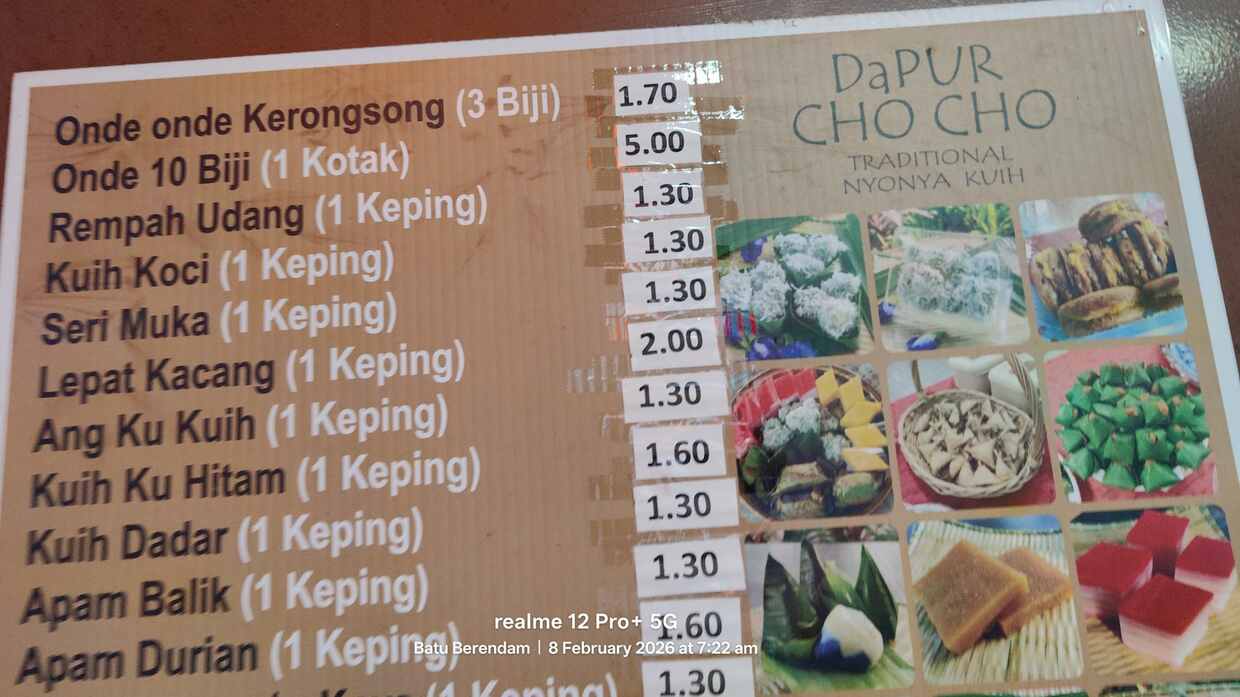In a modest wooden house in Batu Berendam, Melaka, tradition quietly thrives amid the aroma of pandan, coconut and palm sugar. Dapur Cho Cho is not a conventional food business but a living archive of Peranakan culinary heritage, drawing devotees from across the country in search of authentic Nyonya kuih. What appears to be a simple home kitchen has evolved into a destination for those seeking flavours that have largely disappeared in an age of mass production.

The name Cho Cho pays homage to the family’s great-grandmother, the matriarch who laid the foundation for the recipes that continue to define the kitchen today. Those recipes, passed down through generations, remain untouched by trends or shortcuts, preserving a standard of craftsmanship increasingly rare in modern food preparation.
Fourth generation guardians of craftsmanship
The responsibility of safeguarding this culinary legacy now rests with siblings Juliet and Andrew Cheng, the fourth generation of the family to carry the torch. Having grown up observing their mother’s meticulous methods, the pair stepped in to ensure the flavours of their childhood did not fade with time. Their commitment is evident in their insistence on traditional techniques, even when demand continues to grow.

At the heart of Dapur Cho Cho’s reputation is its distinctive teardrop-shaped onde-onde. Each piece is painstakingly hand-pinched, a process that requires precision and patience. Unlike the commonly found round version filled with solid palm sugar, these onde-onde encase liquid gula Melaka. The technique demands a rhythmic motion to seal the molten filling within a delicate dough of sweet potato and glutinous rice flour, resulting in a burst of caramel with every bite. This dedication to detail has earned Dapur Cho Cho national attention and a devoted following online.
Bridging generations through food
Beyond its celebrated kuih, Dapur Cho Cho represents continuity in an era where traditional crafts face extinction. Visitors may notice a toddler roaming the home, symbolising the fifth generation of the Cheng family. While still far from the kitchen counter, the child embodies the future of a legacy carefully nurtured by those before.
The menu reflects the breadth of Peranakan cuisine, from pulut tekan paired with silky homemade kaya to the bold, savoury rempah udang rich with spices. Each offering reinforces the kitchen’s role as a cultural custodian rather than a commercial enterprise.

Balancing early-morning kitchen routines with the realities of modern visibility, the fourth generation continues to honour the past while shaping a sustainable future. In doing so, Dapur Cho Cho has transformed from a hidden family secret into a modern heritage icon, ensuring the teardrop onde-onde remains a symbol of living tradition.











Add comment